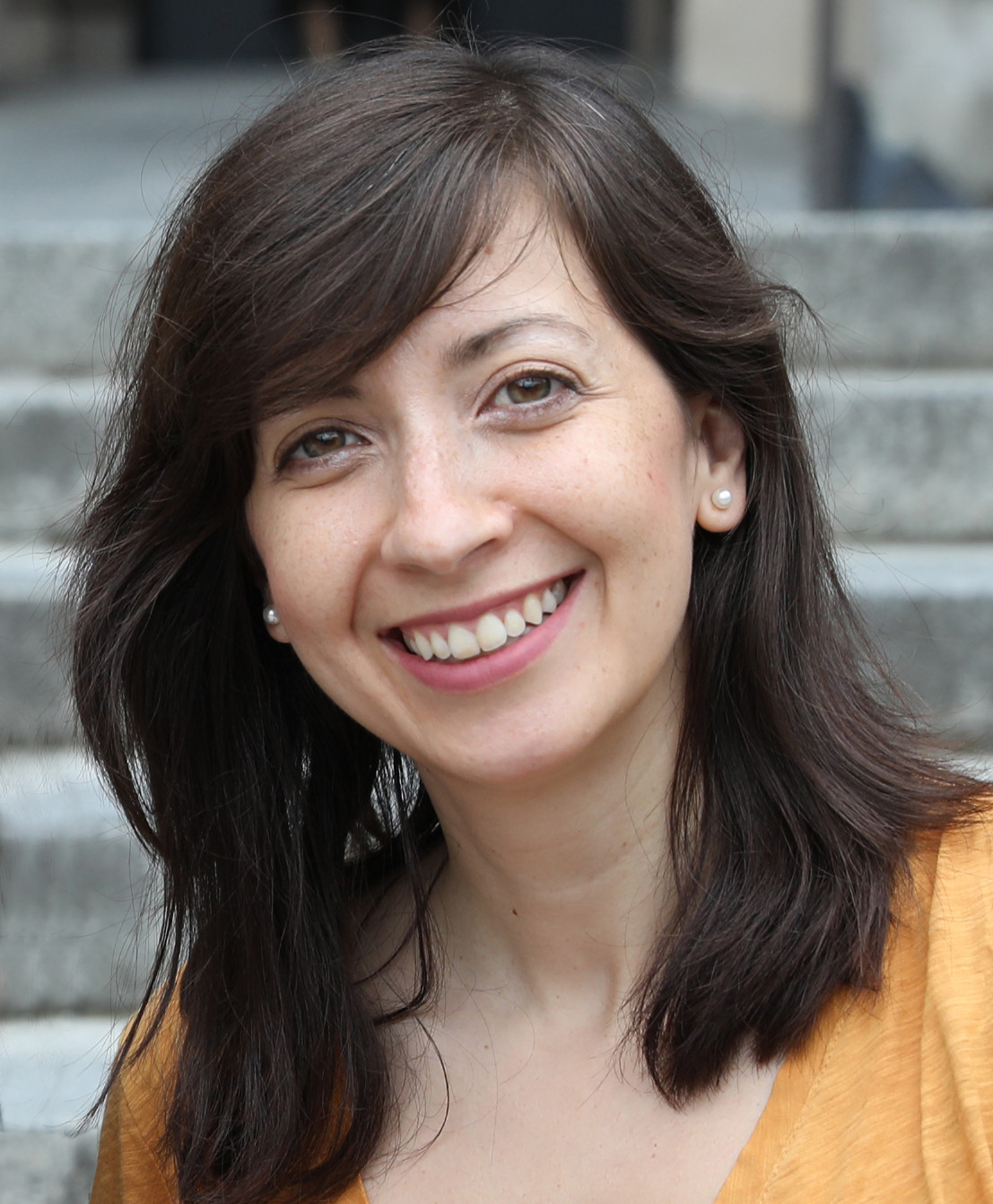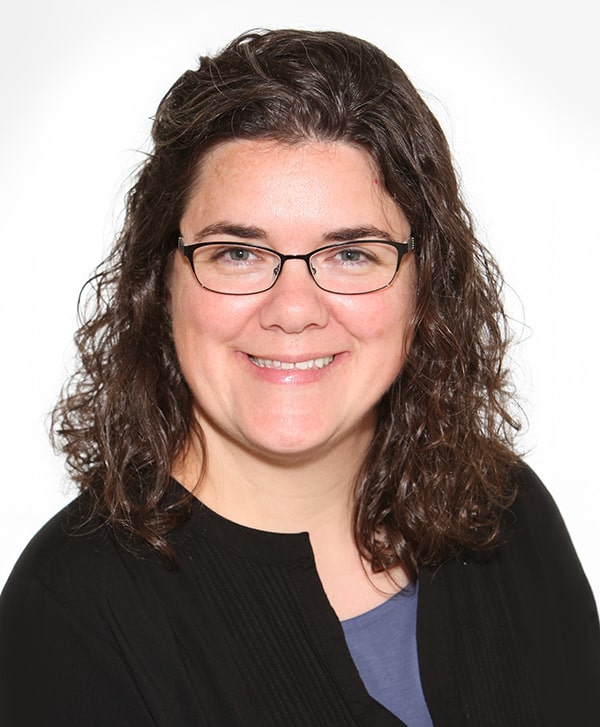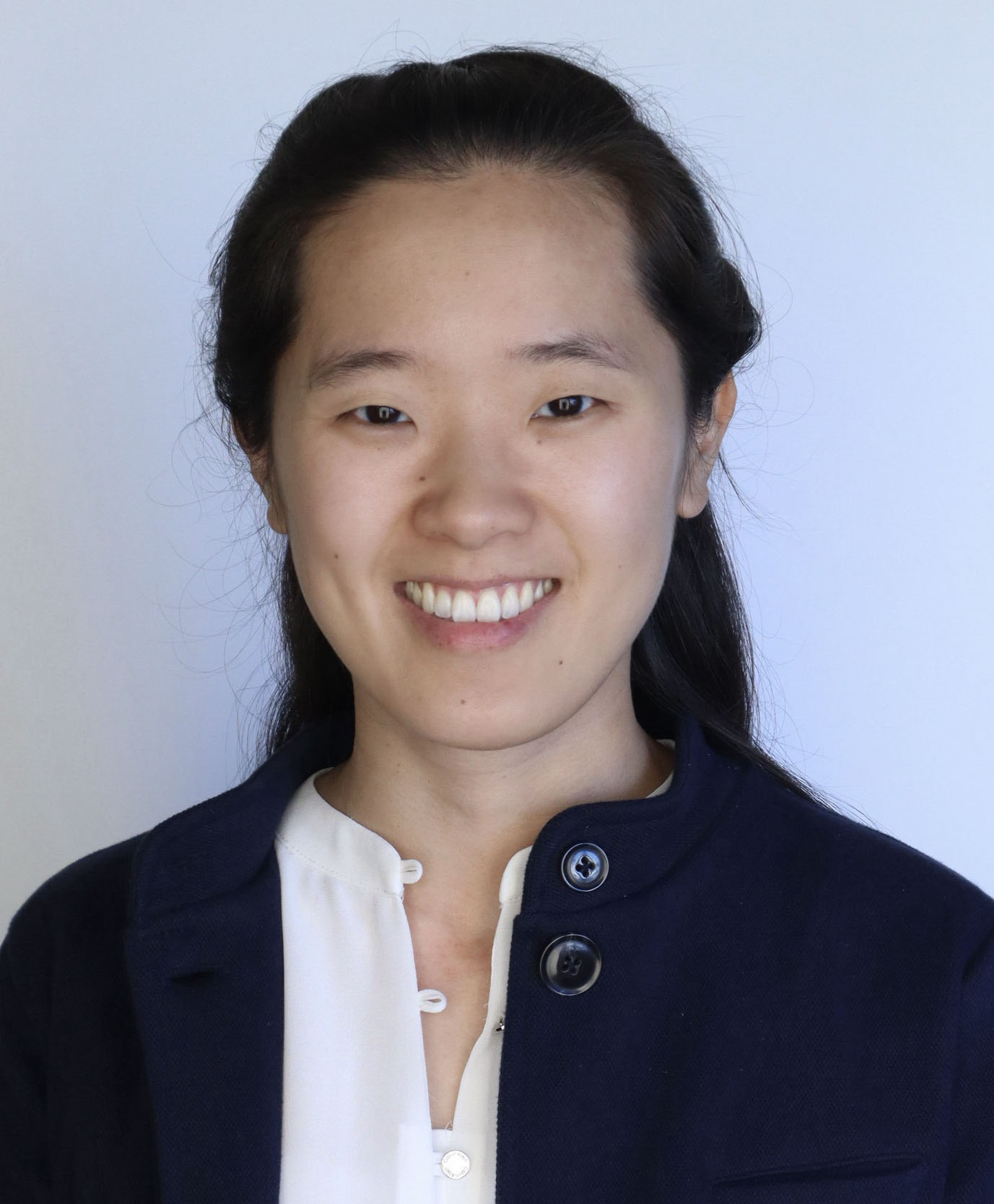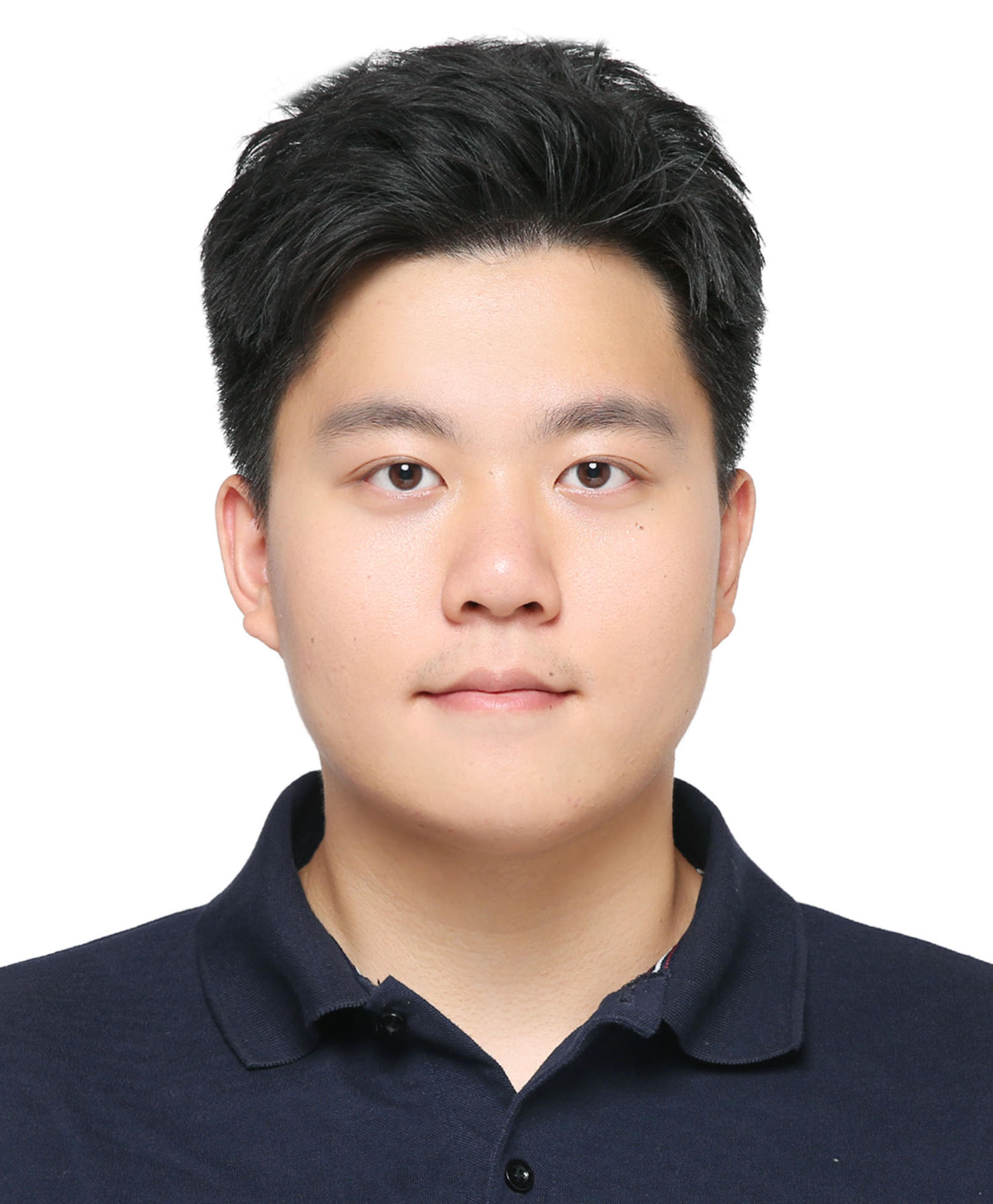History of the Pacific Northwest Association of Toxicologists
In the mid-1980s, toxicologists in the Pacific Northwest region began to meet informally to exchange information and network. Toxicologists were from institutions such as the University of British Columbia (UBC), University of Washington, Oregon State University, Pacific Northwest Laboratory, and Washington State University. Early meetings covered a broad range of toxicology, including energy, environmental, pharmaceutical, and wildlife toxicology. The aim of the group was to build the core of toxicology within the Pacific Northwest region.
At the time, this region was considered part of the SOT Mountain West Regional Chapter and required SOT membership. To include more environmental toxicologists from UBC and members of the Society for Environmental Toxicology and Chemistry (SETAC) and to build a strong local toxicology hub, the Pacific Northwest Association of Toxicologists (PANWAT) was formed independent of both SETAC and SOT. Original officers included James Woods (the first President of PANWAT) and Bruce Kelman (Councilor). PANWAT today serves as the SOT Pacific Northwest Regional Chapter.
2025–2026 Officers

Tina Rogers, PhD, DABT
President
Dr. Tina Rogers is Senior Technical Director in the Laboratory Testing Division at WuXi AppTec, Inc., where she provides scientific and technical support to the Business Development Team and WuXi clients. She has spent her career in toxicology in the preclinical CRO industry, mostly in senior management roles. Dr. Rogers received a PhD in Molecular and Cellular Biology and Pathobiology from the Medical University of South Carolina in 1987 and continued training as a Research Fellow at Harvard Medical School/Brigham and Women’s Hospital and a postdoctoral fellow in the Department of Medicine at Tufts University. Additionally, she received an MBA from Auburn University in 2005. Dr. Rogers has been a member of SOT since 1996. She has publications and presentations in the areas of sepsis, autoimmune disease, analytical cytometry, gene therapy, toxicology, and immunology. Her interests include regulatory toxicology for pharmaceuticals and mentoring students and junior level staff to increase awareness of opportunities in the preclinical drug development industry.

Yijie Geng, PhD
Vice President
Dr. Yijie Geng is an Assistant Professor at the University of Washington, where he uses the zebrafish model in combination with high-throughput screening and deep learning to study the environmental impacts on mental health and diseases. He received his doctorate in Cell and Developmental Biology from the University of Illinois at Urbana-Champaign in 2015 and was a postdoctoral fellow at Harvard in 2016 and at the University of Utah from 2017–2022. He is an author/co-author of 10 publications. He has been a member of SOT since 2023.

Judit Marsillach Lopez, PhD
Vice President-Elect
Dr. Marsillach is an Assistant Professor in the Department of Environmental & Occupational Health Sciences at the University of Washington. Her research focuses on inhalation toxicology from two key perspectives: mechanistic studies using animal models and in vitro cultures/organ-on-a-chip, and exposure science through the measurement of biomarkers in human biospecimens. Her laboratory investigates the effects of traffic-related air pollution, wildfire smoke, and volatile organic compounds, particularly their contributions to neurodevelopmental impairment, accelerated aging, and age-related diseases. She earned her PhD in Biochemistry from the University Rovira i Virgili (Spain), and completed a postdoctoral fellowship at the University of Washington (Division of Medical Genetics). Dr. Marsillach Chairs the Neurotoxin Exposure-2 panel at the Toxic Exposures Research Program from the Department of Defense, and has co-authored 80 peer-reviewed publications. A member of SOT since 2012, she is involved in PANWAT, the Women in Toxicology Special Interest Group, and the Neurotoxicology Specialty Section (NTSS). She has served SOT in the capacity of poster judge (NTSS and PANWAT), and as a volunteer in the SOT Inclusion, Diversity, and Engagement Committee (IDEC).

Andrew Yeh, PhD, DABT
Secretary/Treasurer
Dr. Andrew Yeh is a Senior Toxicologist at Gradient where he critically evaluates toxicological, epidemiological, and mechanistic data in support of causation analyses in litigation and human health risk assessment projects. He also conducts chemical risk assessments as part of safety evaluations of consumer products and medical devices. He received his doctorate in environmental toxicology from the University of Washington (UW) in 2017 and was a Senior Fellow in the Department of Radiology at the UW School of Medicine from 2017 to 2018. Dr. Yeh is the author/co-author of 12 peer-reviewed publications, one book chapter, and one quality assurance project plan for the Washington State Department of Ecology. He has been a member of the SOT since 2014 and served as Senior Councilor of PANWAT from 2023–2024. He is a Diplomate of the American Board of Toxicology.

Lisa Truong, BS, MS, PhD
Past President
Dr. Lisa Truong is currently an Assistant Professor (Senior Research) in the Department of Environmental and Molecular Toxicology, the Deputy Director of the Sinnhuber Aquatic Research Laboratory, and Director of Zebrafish Biomedical Research Core at Oregon State University, where her research program goal is to utilize the zebrafish model to build computational models to be less reliant on animal testing and conduct toxicity-testing based on toxicity pathways. She received her PhD in Toxicology at Oregon State in 2012 and was a postdoctoral fellow at US EPA-National Center for Computational Toxicology. Dr. Truong has been conducting research utilizing the zebrafish model for the last 15 years. Dr. Truong is author/co-author of 56 publications and has mentored over a dozen students. She has been a member of SOT since 2007 and has served as a Graduate Student Representative and Councilor of PANWAT.

Lindsey St. Mary, PhD
Senior Councilor
Dr. Lindsey St. Mary is a NIEHS Postdoctoral Trainee at Oregon State University, where she is screening and categorizing 6,000 distinct chemicals found in the environment and consumer products or used in manufacturing processes in order to assess phenotypic and transcriptional changes relevant to human disease. She received her doctorate in Life Sciences from Heriot-Watt University in 2020 and continued as a postdoctoral research associate at Heriot-Watt University from 2020–2021. She served as Postdoctoral Representative for PANWAT in 2022 and 2023, President of the Oregon State University Postdoctoral Association (OPA) 2021–2023, Postdoctoral Representative for her department’s TeamTOX organization, and Postdoctoral Representative/SRP trainee coordinator for the SRP Student/Postdoc/Alumni Network (SPAN) from 2022–2023. She is author/co-author on 6 publications, with 2 currently in preparation. She has been a member of the SOT from 2013–2015 and 2021–present.

Katerine S. Saili, PhD
Junior Councilor
Dr. Kate Saili is an Associate National Program Director in the Chemical Safety for Sustainability Research Program in the U.S. EPA’s Office of Research and Development (ORD). In this role, she helps plan and implement research on contaminants of immediate and emerging concern and serves as the point of contact for ORD’s PFAS research. Dr. Saili has worked nine years for the EPA, starting as a postdoctoral toxicologist in ORD, where she built computational models of blood-brain barrier development and function. She then worked as a regulatory toxicologist in the Office of Air Quality Planning and Standards prior to returning to ORD in her current role. Dr. Saili earned her PhD in Toxicology from the Department of Environmental and Molecular Toxicology at Oregon State University, where she utilized the zebrafish model to study the neurobehavioral effects of developmental bisphenol A exposure. [Views expressed while serving in the capacity of PANWAT Councilor do not necessarily represent the views of the agency or the US.

Ava Orr, PhD
Postdoctoral Representative
Dr. Ava Orr received her BA in Chemistry from the College of Saint Benedict and Saint John’s University in 2020, and her PhD in Toxicology from the University of Montana in 2024. During her graduate studies, her research focused on the impacts of wildfire smoke on increased respiratory viral infections. Currently, Dr. Orr is a postdoctoral researcher under Dr. Erin Landguth at the Center for Population Health Research and Dr. Andrij Holian at the Center for Environmental Health Sciences at the University of Montana. Her research spans several projects: downscaling PM2.5 data to assess its application in communities exposed to smoke from prescribed fires, developing a Montana health dashboard that incorporates environmental and health variables like PM2.5 and asthma rates, investigating the effects of wildfire smoke and extreme temperatures on fall risk, and analyzing Montana’s respiratory medical data to examine the impact of temperature inversions. She is the author/co-author of 3 peer-reviewed publications, with 3 reviewed and awaiting publication. She has been a member of PANWAT since 2019.

Kyle Burns, MS, BS
Senior Graduate Student Representative
Kyle Burns is a third-year PhD candidate at Oregon State University, where he studies the effect of polycyclic aromatic hydrocarbons in primary organotypic human bronchial epithelial cells and in a co-culture model with macrophages. He received his BS in biochemistry from Ohio State University in 2021 and his MS in toxicology from Oregon State University in 2023. Mr. Burns has been an NIEHS T32 trainee at Oregon State University since September 2022. He joined SOT in February 2023.

Baixi He, BS
Junior Graduate Student Representative
Baixi He is a second-year PhD student at the University of Washington where he focuses on investigating how environmental toxicant exposure influence molecular interaction to modulate social behavior in various animal models. He earned his bachelor's in Molecular, Cell, and Developmental Biology from the University of California, Santa Cruz in 2023 where he participated and studied how developmental manganese exposure causes lasting attention deficits accompanied by dysregulation of mTOR signaling pathway. Baixi was awarded the Undergraduate Deans' Awards from 2019-2023.
View PANWAT Past Presidents.
Bylaws
View the PANWAT Regional Chapter Bylaws.
Annual Report
View PANWAT Annual Reports.
PANWAT Member Websites
Academia
UC Davis School of Veterinary Medicine
California State University East Bay
Oregon Institute of Occupational Health Sciences at OHSU (formerly CROET)
Oregon Health & Science University
OSU Environmental Health Sciences Center
OSU Dept. of Environmental and Molecular Toxicology
UM Dept. of Biomedical and Pharmaceutical Sciences
UM Center for Environmental Health Sciences
University of Alaska, Fairbanks
UW Interdisciplinary Center for Exposures, Diseases, Genomics and Environment
UW Dept. of Environmental & Occupational Health Sciences
UW Institute for Risk Analysis & Risk Communication
Industry
Altasciences Preclinical Services
Battelle Pacific Northwest National Laboratory
Flow Contract Site Laboratory LLC
Novartis Pharmaceuticals Corporation
Preclinical GPS - Global Preclinical Services
Government and Nonprofit
Fred Hutchinson Cancer Research Center
Institute of Neurotoxicology & Neurological Disorders
NOAA-NW Fisheries Science Center
Pacific Northwest National Laboratory
